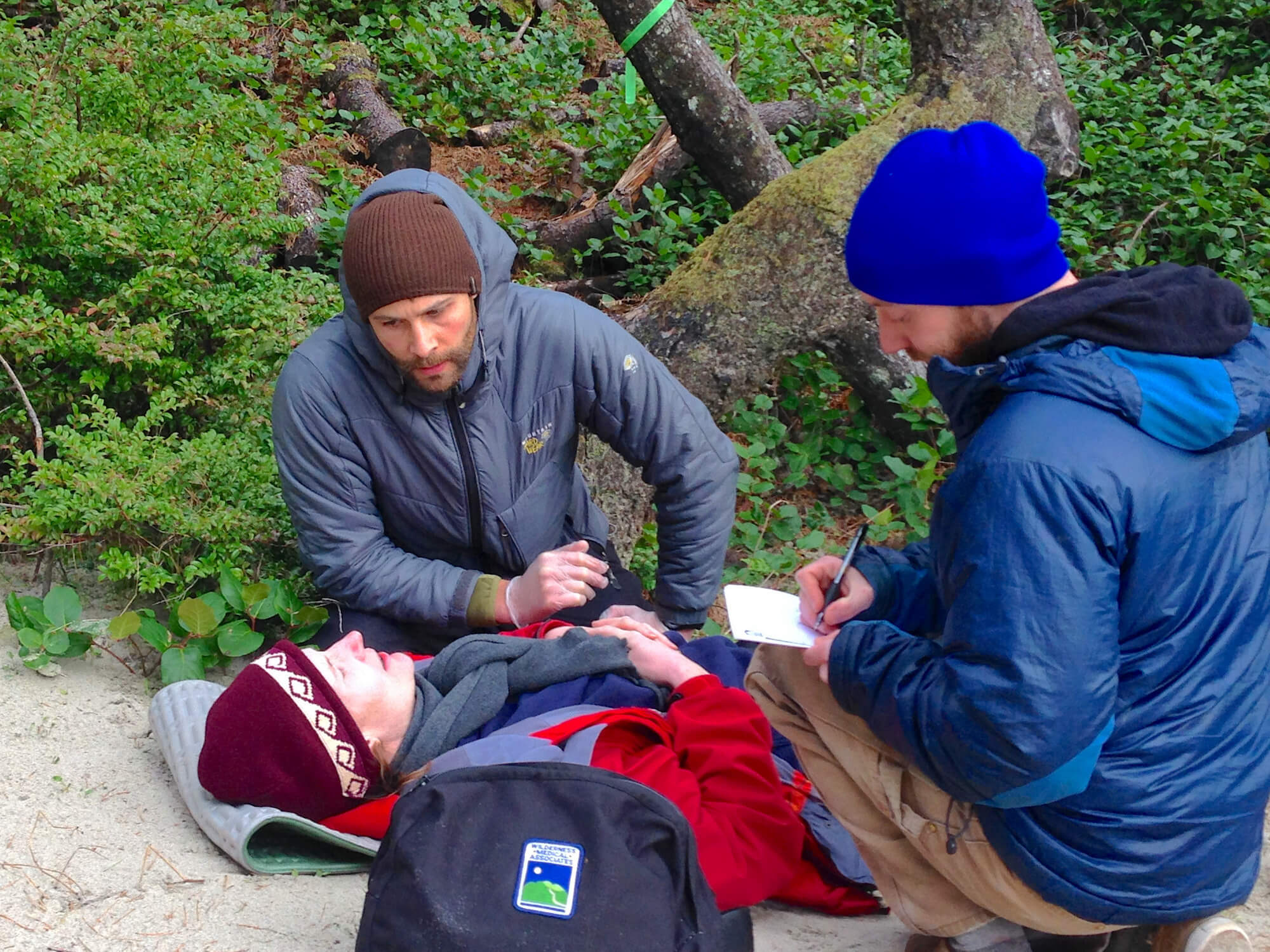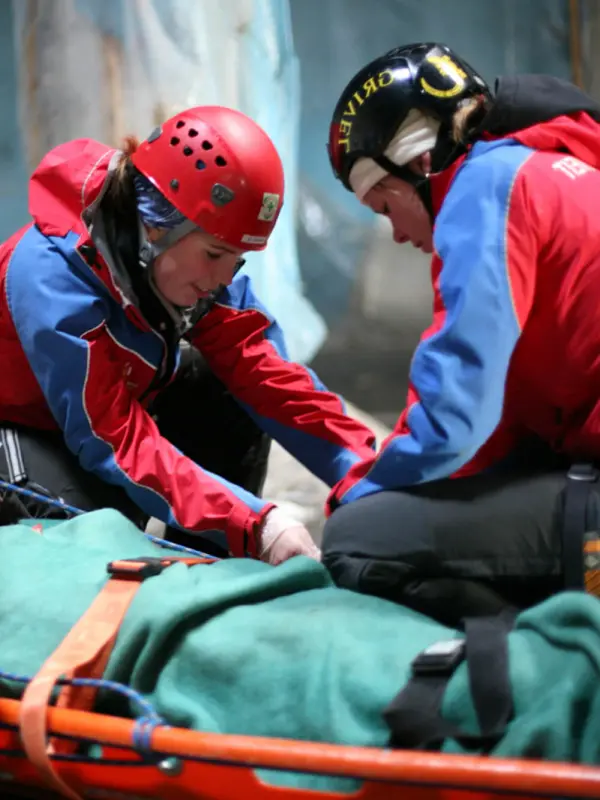Wilderness Medical Elective
- Minimum Duration
- 2 Weeks
- Minimum Age
- Varies
- Minimum Cost
- Varies
- Skill Level
- MD, DO

Description
This course trains medical students to practice field medicine in remote and low resource settings. Instruction includes case studies, simulated patient encounters, skills labs, and evidenced-based medicine reviews. Emphasis is placed on assessing patients, formulating problem lists, and implementing treatments and evacuations. Some schools count this as a for-credit elective.
Curriculum
Course curriculum focuses on general principles of wilderness medicine, pathophysiology, and pharmacology, as well as environmental and rescue topics.
Requirements
Students must be enrolled in an MD or DO program.
Prior to enrolling, please review our Functional Position Description. The criteria in this policy allow students to self-assess their ability to meet the demands of a WMA International course as well as the demands of a certified wilderness medical provider in the field.
Location
This elective is typically held in a wilderness camp or outdoor center. Electives can be hosted on-site at your university, where the class has access to both classroom and adjacent outdoor space. We will work with interested groups to find an appropriate facility.
Evaluation
Each student is formally evaluated and receives a completed evaluation from one of the physician instructors. Some schools add the evaluation to the student files. This evaluation is regularly added to residency letters as evidence of extracurricular involvement.
Course Highlights
- Student-led discussions and case study reviews.
- One-on-one oral examinations with a faculty member, focused on a wilderness case study.
- Application of practical medical knowledge and training to simulated patients.
- Preparation for work as a resident and physician in non-traditional settings.
- Critical analysis of conventional and unconventional approaches to diagnosis, treatment, and ongoing management—including evacuations.
- Exploration of current literature and use of practical evidence based medicine metrics for analysis.
- A great opportunity to share and learn with other medical students and an interdisciplinary health team that includes advanced-level, prehospital practitioners.
Course Highlights
- Student-led discussions and case study reviews.
- One-on-one oral examinations with a faculty member, focused on a wilderness case study.
- Application of practical medical knowledge and training to simulated patients.
- Preparation for work as a resident and physician in non-traditional settings.
- Critical analysis of conventional and unconventional approaches to diagnosis, treatment, and ongoing management—including evacuations.
- Exploration of current literature and use of practical evidence based medicine metrics for analysis.
- A great opportunity to share and learn with other medical students and an interdisciplinary health team that includes advanced-level, prehospital practitioners.
